
Debate series 3
Debate III TitlePastoralism and wildlife: advantages and challenges … 11th April 2024 Watch the debate Overview An insightful discussion about the interdependencies and challenges between
For too long, the conservation space has been dominated by inefficiency and waste. Consequently, we are now facing an extinction crisis that is the most extreme our planet has ever witnessed. As a direct result of human activity, damage to the natural environment has reached unprecedented levels and, if we are to save ourselves from disaster, new models for managing the natural capital of planet earth are required. The business of conservation is about creating and maintaining economic incentives for the sustainable utilisation of wild resources and removing economic incentives which drive unsustainable use. It is about finding ways for conservation to become an opportunity for economic and social development, where natural capital is sustained or grown even as we attend to the needs of human beings.
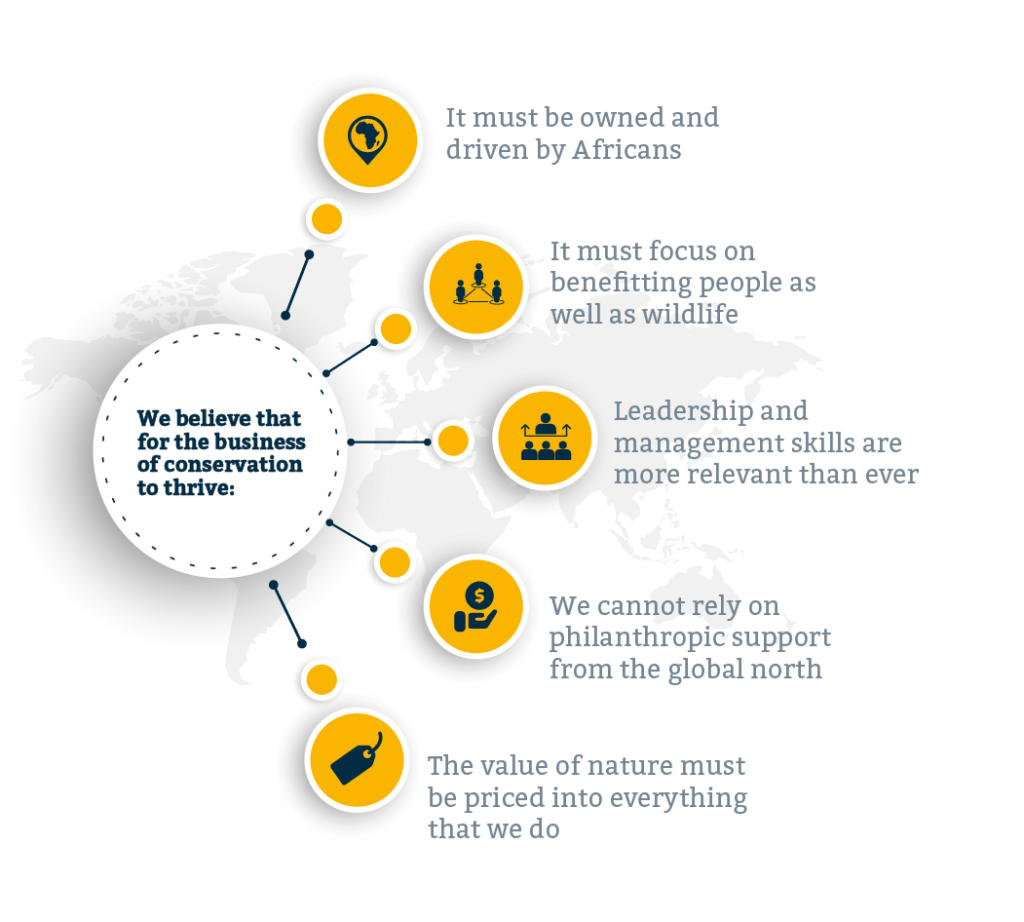

We have received accreditation from Continuing Professional Development Certification Services. This accreditation verifies our commitment to providing high-quality education and training in line with global CPD principles.

Debate III TitlePastoralism and wildlife: advantages and challenges … 11th April 2024 Watch the debate Overview An insightful discussion about the interdependencies and challenges between
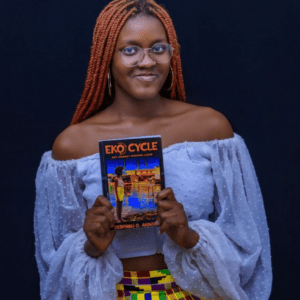
DeborahAkintayo Class of 2024, BA Global Challenges Eko Cycle: FB’s Journey Through Lagos … Someone once said that change starts where you are—using what you

Graff Innocent Phiri Year 1, Bachelor of Entrepreneurial Leadership A Journey of Discovery: My Internship Experience with Game Rangers International … When I set foot
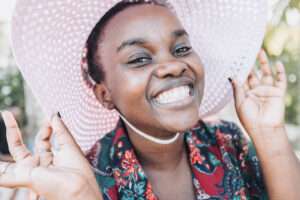
Nadine’s OA Marine Hub Reflection … Expectation Vs. Reality When I began my internship at the marine hub hosted by Oceans Alive, I had certain
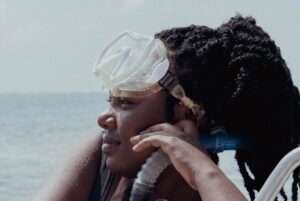
Lauryn’s OA Marine Hub Reflection … Expectation Vs. Reality When I embarked on my internship journey, my initial expectation was to work with an organization
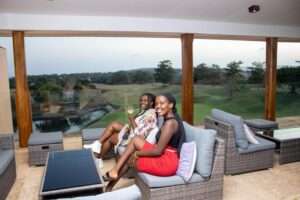
Sylvie’s OA Marine Hub Reflection … Expectation Vs. Reality When I first applied for the Marine Hub internship, I had high hopes and dreams, but
Supporting young leaders at the African Leadership University: Critically important is our support to all ALU students undertaking degree courses. Through the school we aim to expose as many future African leaders as possible to conservation, with the expectation that a significant subset of these leaders will focus on conservation as their life’s mission and ultimately engage in conservation efforts on the continent. For those who choose missions focused on the conservation space we support them with consistent high quality expertise and mentoring, access to high quality information, regular guest speaker sessions from experts across Africa and other parts of the world as well as impactful internship opportunities from our wide network of conservation partners.
We deliver a Conservation MBA (currently in redevelopment to be relaunched in early 2023) and run a suite of executive development courses focused on leadership and various aspects of cutting edge conservation. We have become a hub for the wildlife economy of Africa through our world class Research programme. We also deliver the world renowned Business of Conservation Conference (BCC) once annually in Kigali, and regularly support innovation accelerators for people with new ideas about how to transform the conservation space.
We are on a mission to create the next generation of entrepreneurial African conservation leaders who we know will thrive in the booming green economy that is emerging across the continent. From carbon markets, to green financing and protected area management, we have the ability to support student choices and passions across a wide range of different areas. If you want to live and learn at the cutting edge of modern education, then join us at the School of Wildlife Conservation.
We look forward to welcoming you.
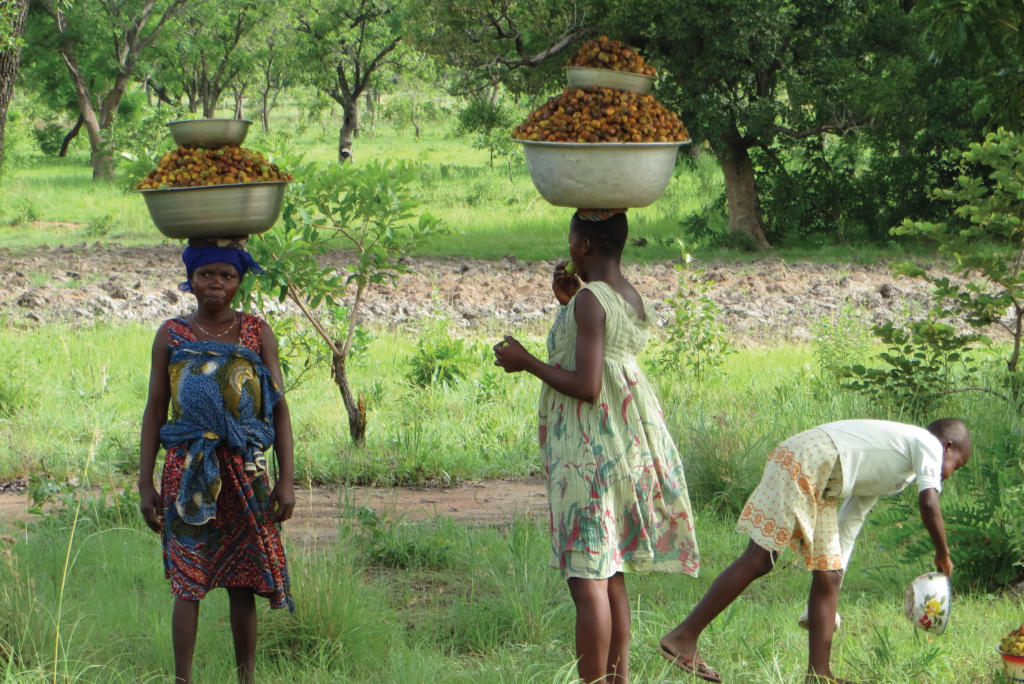
The aim of our research is to gather data and information to illustrate the value of wildlife to economies and through this to encourage investment in this important economic asset. The research process will also highlight data gaps and encourage the collection of data related to wildlife economies in order to better understand the vast contribution of wildlife resources to national economies.
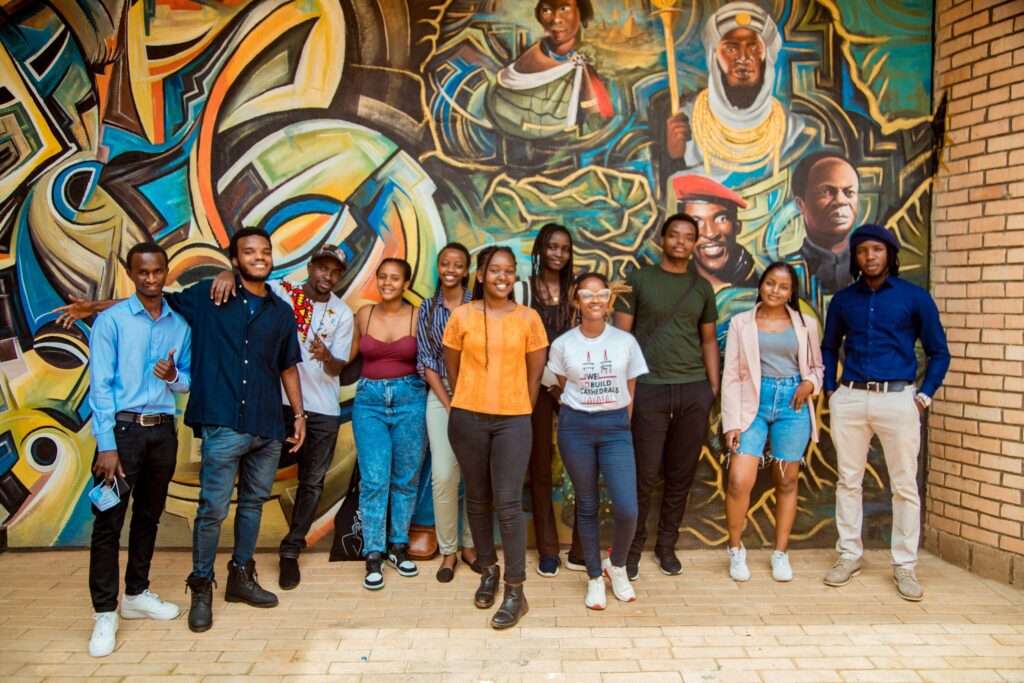
We offer an individually tailored undergraduate program, a BA in Global Challenges with a specialization in conservation, to empower students to drive innovative solutions to Africa’s conservation challenges.
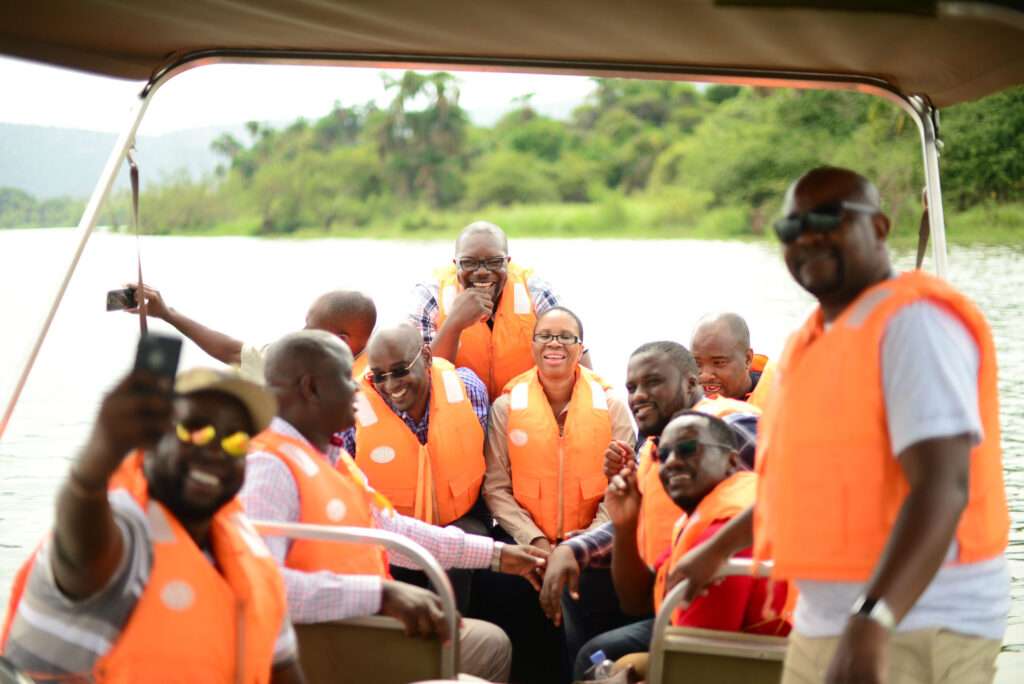
The African Leadership University School of Business (ALUSB) MBA offers a unique 20-month part-time program, blending world-class education with real-world application in the African context.
We convene a wide array of stakeholders to promote best practices, strengthen networks, and collectively tackle the challenges of conservation. The first of these was the 2018 BCC which hosted 300 leaders from conservation, ecotourism, politics, conservation philanthropy and investors.

Crucial for individuals and organizations operating across the rapidly evolving wildlife conservation and sustainability sectors of Africa. It plays a vital role in helping people and organizations keep up with the evolving challenges and opportunities, and equipping professionals with the skills and knowledge needed to drive impactful change.

African Leadership University’s School of Wildlife Conservation is taking the lead in accelerating the circular economy transition in Africa. The School is committed to educating its students and professionals on the importance of circular economy principles with the aim of creating a sustainable future for the continent’s wildlife and natural resources.
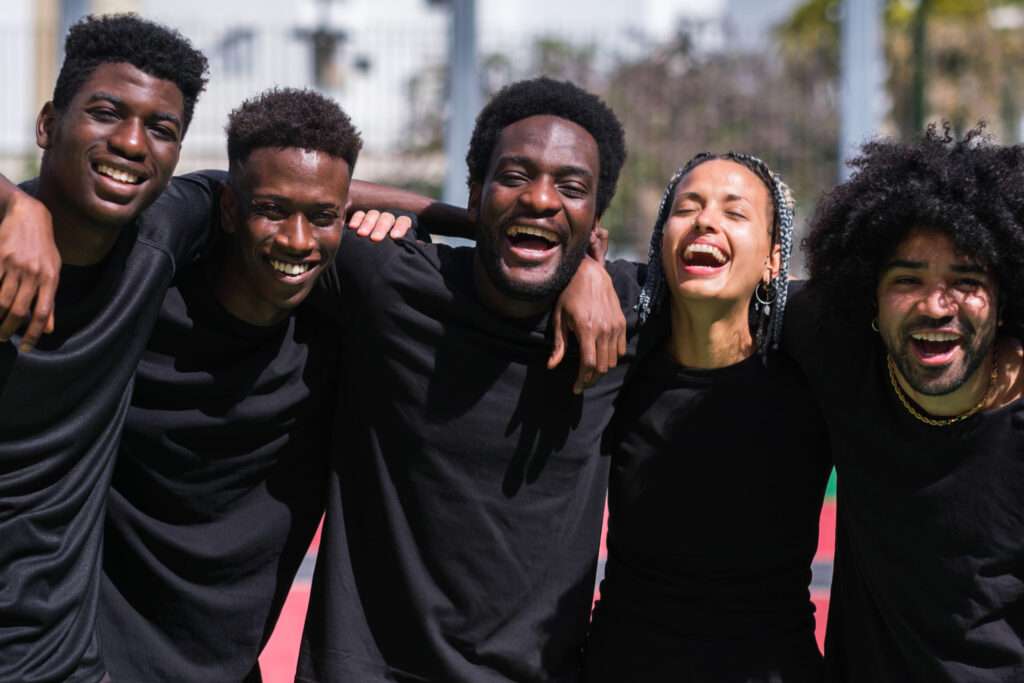
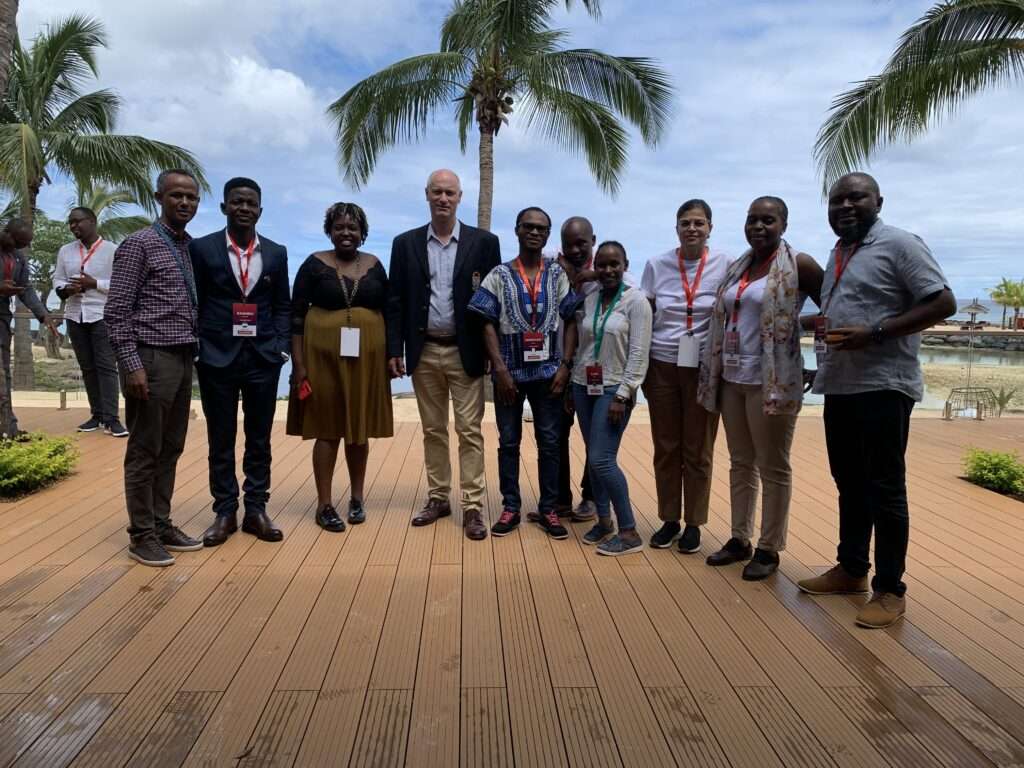
ALU’s SOWC, Dalberg, and FSD Africa Investments bring together their in-depth understanding of biodiversity conservation and restoration as well as impact investments to form a partnership that will help investors measure and rate biodiversity outcomes
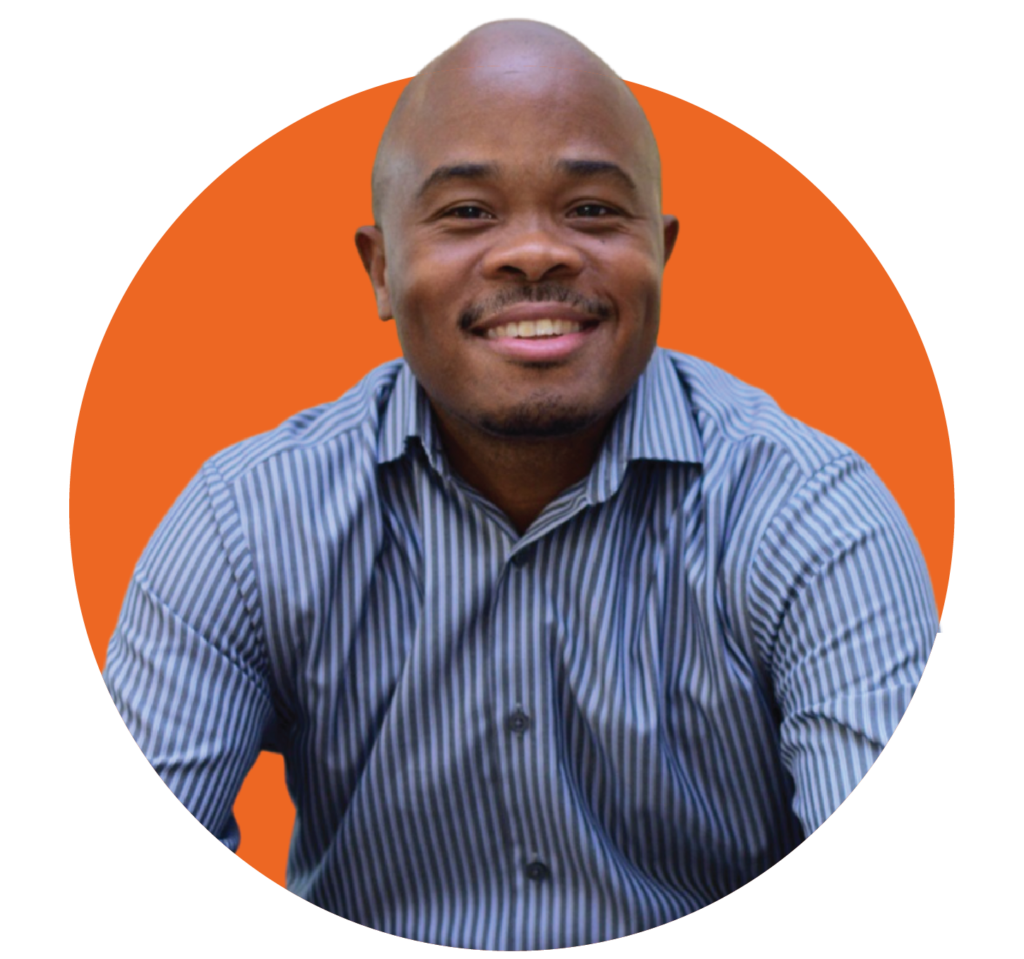
A citizen of Ghana, Fred Swaniker grew up in Botswana and Zimbabwe, both countries blessed with wildlife. However, like the majority of his peers, his family could never afford to visit the high-end game reserves in these countries. He vividly remembers during his college years in the United States that his peers would ask him if he had seen a lion or an elephant. He would uncomfortably respond that he had indeed seen such animals–but in a zoo! It was only when Fred returned to Africa–this time to South Africa–that he had the opportunity to visit the Kruger National Park. He was immediately awestruck by the wildlife and breathtaking landscapes he experienced in the bush, and vowed that he would find a way to ensure that future generations of Africans would also be able enjoy such incredible experiences. He also realized that unless Africa’s wildlife became an ‘African asset’–something that all Africans–not only wealthy foreign tourists could see the benefits of–African communities would have no incentives to conserve habitat and wildlife. Years later, when Fred founded African Leadership University, he saw it as a vehicle to address the ‘Grand Challenges’ and ‘Great Opportunities’ that Africa would encounter over the next 50 years. The conservation of Africa’s wildlife was high on his list of African opportunities and Fred envisioned a school within the university that would develop leaders for conservation. But his wish would remain a dream until he reconnected with his longtime friend, financial backer, and philanthropist Jennifer Oppenheimer in mid-2016. As it turned out, Jennifer had been thinking along the same lines as Fred.
In memoriam of Jennifer Ward Oppenheimer
A seed funder for African Leadership University, the late Jennifer (Fern) W. Oppenheimer was instrumental in the establishment of the pan-African university in 2013. Three years later–in mid 2016–Jennifer approached the University’s founder, Fred Swaniker, with an idea to create a new generation of African leaders who would lead efforts to safeguard Africa’s natural resources and wildlife. Her vision, shared by ALU, was to ensure that Africa’s wildlife becomes a truly valuable ‘asset’ that is enjoyed by Africans and the world, and that contributes to the sustainable development of Africa. Jennifer subsequently provided seed funding to enable the establishment of the ALU School of Wildlife Conservation.
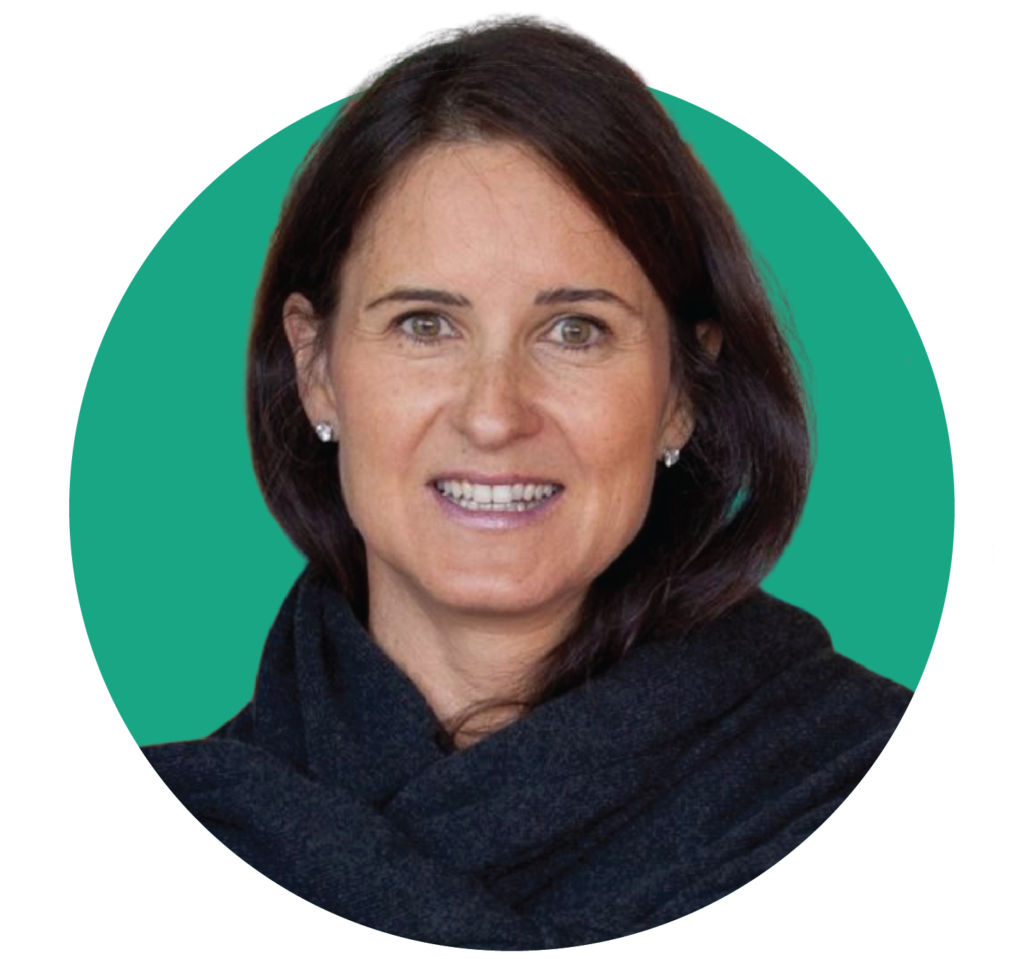


























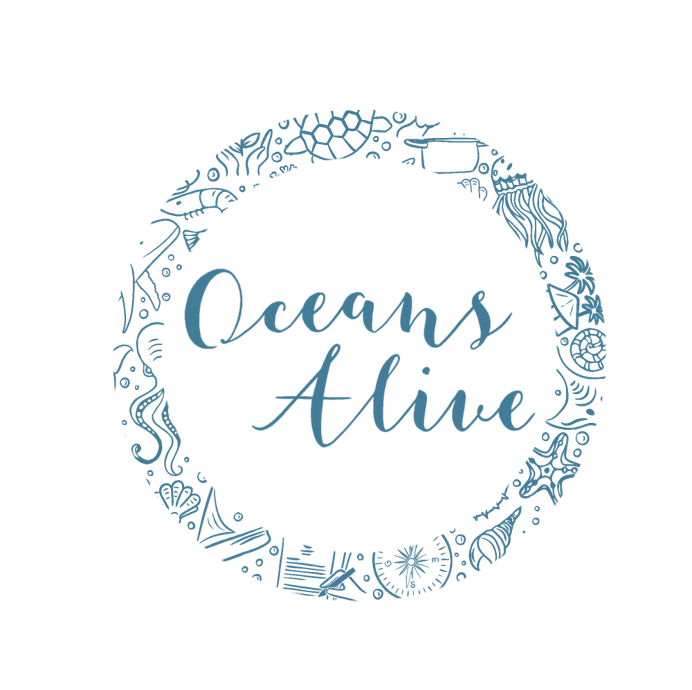

The ALU School of Wildlife Conservation is the first of its kind on the continent, dedicated to growing the next generation of world class conservation leaders in Africa.
The continent needs home grown African leaders to spearhead new and innovative approaches in the business of conservation.
Bumbogo, Kigali Innovation City, Next to Azam, Kigali, Rwanda
Phone: +250 784 650 219
sowc@alueducation.com